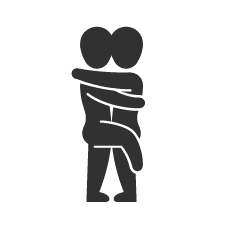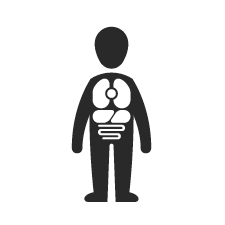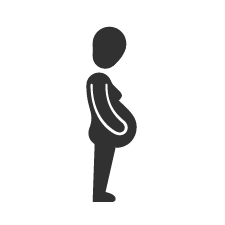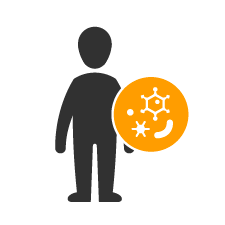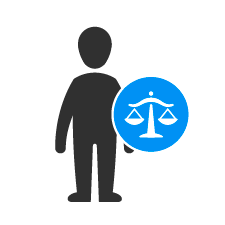Prostitution means that sex is offered in exchange for money or other benefits. People who work in prostitution are referred to as sex workers or prostitutes.
Mostly it is women who offer their services to men. But even men or trans people can be sex workers. Most of their customers are men, but sometimes they are women too.
Even with paid sex, all persons should protect their own boundaries and respect the boundaries of other people.
Safe sex
Safe sex is extremely important for all parties when it comes to paid sex. Through Safe sex you protect yourself and others from STIs and from an unwanted pregnancy:
- Always use a condom when it comes to penetration (vaginal or anal sexual intercourse).
- Also use a condom if you have oral sex (blow job).
- If you perform cunnilingus (licking the vulva or letting yourself be licked) you can cut a condom and place it on the vulva. You can also use a dental dam.
- If you have unprotected sex, talk to a health professional about getting yourself tested for STIs or HIV.
- Be careful with alcohol and drugs when you have sex. Otherwise, you will feel less inhibited and be less aware of the potential risks.
Tips for sex workers
It is important that you pay attention to the following points:
- Ask customers to pay you in advance.
- Trust in your intuition. Reject customers that seem strange to you.
- Protect your own boundaries. Explain clearly what you want to do and what you do not. Nobody can force you to do something against your will.
- Create a safe environment. If you work alone: inform a person you trust. Write down names, telephone numbers or license plates.
You have the right to stop sexual contact at any time if you think something is wrong.
If you are a sex worker and you have questions or you need help, you can contact specialised organisations.
Prostitution and the law
Prostitution is legal in most European countries, under certain conditions. In some European countries it is illegal.
Forced Prostitution and trafficking are prohibited by law throughout Europe.

